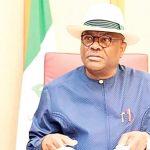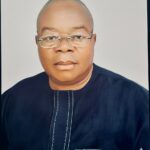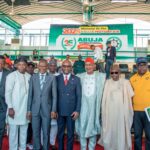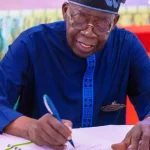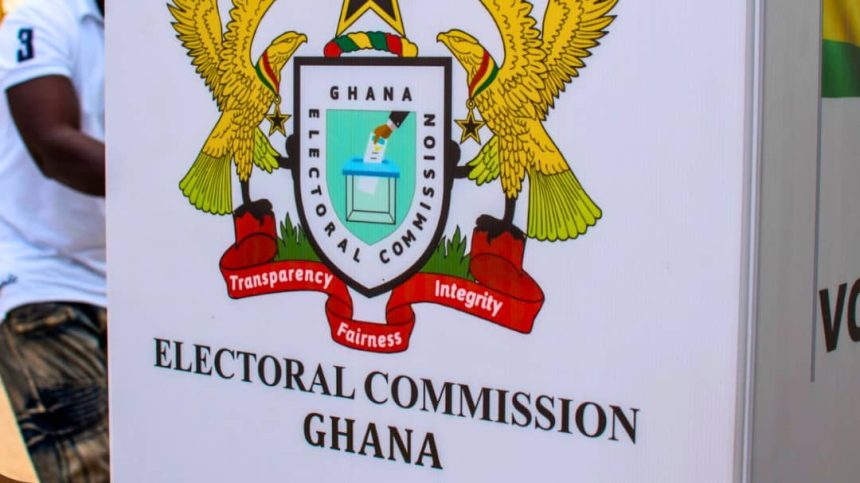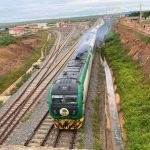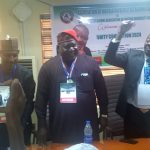By Maryam Bulama
Ghana, often hailed as a beacon of democracy in West Africa, is once again at the cusp of a pivotal moment in its political history.
With elections on the horizon, the nation is gearing up for a democratic process that not only determines its leadership but also serves as a litmus test for its democratic institutions and political maturity.
Over the years, Ghana has garnered global recognition for conducting peaceful and transparent elections.
Since the return to multiparty democracy in 1992, the country has witnessed seamless transitions of power, a rarity in a region often plagued by political instability.
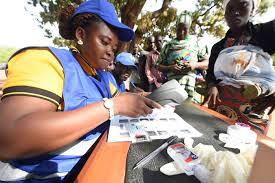
This legacy of peaceful elections is a testament to the resilience of Ghana’s democratic framework and the political will of its people.
The upcoming elections are particularly significant, as they are expected to shape the country’s trajectory amid economic challenges and heightened political polarization.
Ghana, like many nations, has faced economic headwinds in recent years, with inflation, youth unemployment, and public debt posing significant hurdles.
Voters will be looking to elect leaders who can address these pressing issues while fostering growth and stability.
Key to the electoral process is the role of the Electoral Commission of Ghana (ECG), an institution that has earned respect for its professionalism and independence.
The ECG has implemented various measures to ensure free and fair elections, including biometric voter registration and real-time results transmission.
Maintaining public confidence in the electoral process will be crucial in ensuring a credible outcome.
The elections also highlight the strength of Ghana’s political party system, which is dominated by the two main contenders: the New Patriotic Party (NPP) and the National Democratic Congress (NDC).
The rivalry between these parties has often been intense, yet it has largely remained within the bounds of democratic contestation.
Both parties are fielding candidates with compelling visions for Ghana’s future, setting the stage for a dynamic and closely contested race.One of the most critical aspects of the elections is the active engagement of Ghana’s youth.
Young people make up a significant portion of the electorate, and their voices are becoming increasingly influential in shaping political discourse.
Issues such as job creation, education, and technology development are likely to resonate with this demographic, making them a focal point for campaign strategies.
Civil society organizations and the media also play a vital role in Ghana’s elections. These entities act as watchdogs, ensuring transparency and holding political actors accountable.
Their participation in voter education campaigns and election monitoring helps to safeguard the integrity of the democratic process.However, challenges remain. Political violence, though minimal compared to some neighboring countries, remains a concern.
Isolated incidents of clashes between party supporters underscore the need for continued vigilance and conflict resolution mechanisms.
Additionally, the spread of misinformation on social media poses a threat to informed decision-making among voters.The international community will be closely watching Ghana’s elections as a barometer for democracy in Africa.
The country’s ability to conduct peaceful and credible elections sets a standard for other nations in the region. It also reinforces Ghana’s position as a model of democratic governance on the continent.
As the election date approaches, the onus is on political leaders, the electorate, and all stakeholders to uphold the principles of democracy.
Candidates must prioritize issue-based campaigns over divisive rhetoric, while voters must exercise their rights responsibly.
For Ghana, these elections are more than just a political event—they are a reaffirmation of its commitment to democracy, stability, and progress. In a world where democracy is often under threat, Ghana’s example offers hope and inspiration.
QWith the right leadership and a collective sense of purpose, the country is poised to navigate its challenges and continue its legacy as a democratic success story in Africa.
Maryam Bulama, is a 300-level student, Department of Mass Communication, Borno State University, Maiduguri



